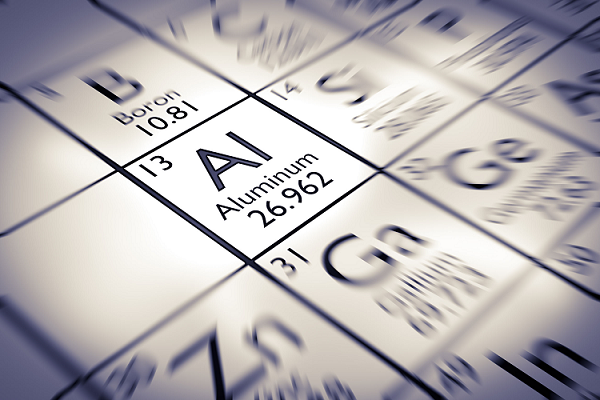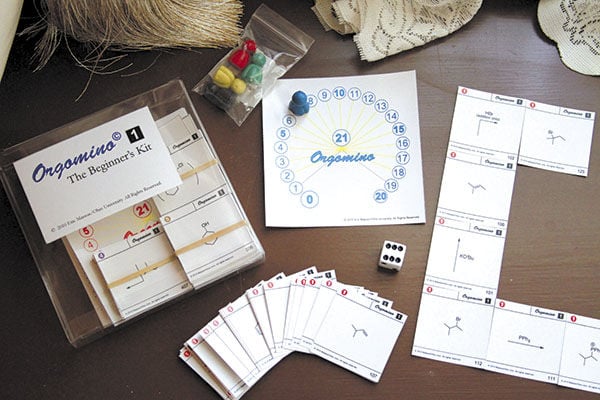When it comes to A Level chemistry, one of the most important skills you’ll learn is how to apply concepts and knowledge to wide range of circumstances as opposed to just a few like at GCSE. The course content will typically cover a lot of your GCSE course again but it a lot more detail and you’ll actually find that some of the things you learn at GCSE are really lies.
1. The topics
The topics you cover allow you to get an insight into many different aspects of chemistry and really help you to develop a deep understanding of how all of the concepts and skills work together. The topics on the Edexcel specification are:
- Atomic structure and the periodic table
- Bonding and structure
- Redox 1 and 2
- Inorganic chemistry
- Formulae and equations
- Energetics 1 and 2
- Equilibrium 1 and 2
- Acid-base equilibria
- Transition metals

Please bear in mind that these will vary slightly depending on your exam board so you should look at the specification for the course you’ll be doing to see the exact topics.
2. Applying theory to practice
Like the rest of the sciences, chemistry has a practical element to it too. Rather than teach you new content, this aims to reinforce the learning you do normally by applying it to basic practicals. It does, however, teach you basic things that might usually get skimmed over, like the names of indicator solutions.

3. In-depth study
A Level chemistry does cover a lot of what you did at GCSE but in so much more depth that you basically relearn it anyway. Whilst you may have briefly looked at alkenes before, now you learn numerous mechanisms for their reactions with substances. Whilst you may think this is basically like being back at square one, it's not because you should have a basic memory of how it works.

4. Applying the same equation or concept to dozens of situations
One of the key things you learn is how to apply the same equation or concept to dozens of situations. This makes revising a little easier when you've gone over something multiple times through the year. An example is the equation for concentration which can also mixed with several other equations in an exam question.

Generally, chemistry is one of the most versatile subjects as you find it fitting into a lot of other subjects, such as biology. The variety of content taught in the course would provide you with a solid foundation if you were to continue chemistry into higher education, regardless of which area you choose.

